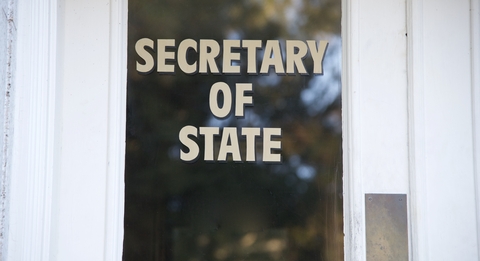Open source asset investigations: What not to do
I’m heading to the OSMOSIS conference for open source intelligence (OSINT) professionals where I’ll present a short “Bits and Bytes” roundtable session on asset investigations.
When preparing for a lawsuit, conducting due diligence, or enforcing a judgment, you may need to evaluate a person’s or firm’s open, tangible, and hidden assets. But, without their permission or a court order, you’re won’t be able to access their bank statements or other financial records.
That’s when you go to public records and other free or fee-based sources available to the general public. It can be a slow process, and you need the right combination of strategy, tools, and persistence to piece together bits of information found through a variety of sources.
For my session, I’ll share some examples of how I’ve uncovered assets through Google and other online sources. I’ve also compiled a handout with these top 5 things not to do when conducting open source asset investigations:
Forgetting the other side of the balance sheet – Look for liabilities, including UCC filings, liens, foreclosures, bankruptcies, or court records. In many cases, these records will lead you to the assets.
Not managing your or your clients’ expectations – You can’t be certain you’ve found it all. Online sources provide clues but not all the answers.
Looking for answers all in one place – You need a variety of tools. There’s no such thing as one, giant database with everything you need to know.
Skipping the news and social media – People like to brag, and so do their friends. With the right tools – and the skills for using them, dig deeper than just public records.
Not gathering names – Find hidden and other assets through family and friends. They’re often the weak link when your subject isn’t revealing much.
In future posts, I’ll share more of my tips for online asset investigations. Hope to see you at OSMOSIS this year!



